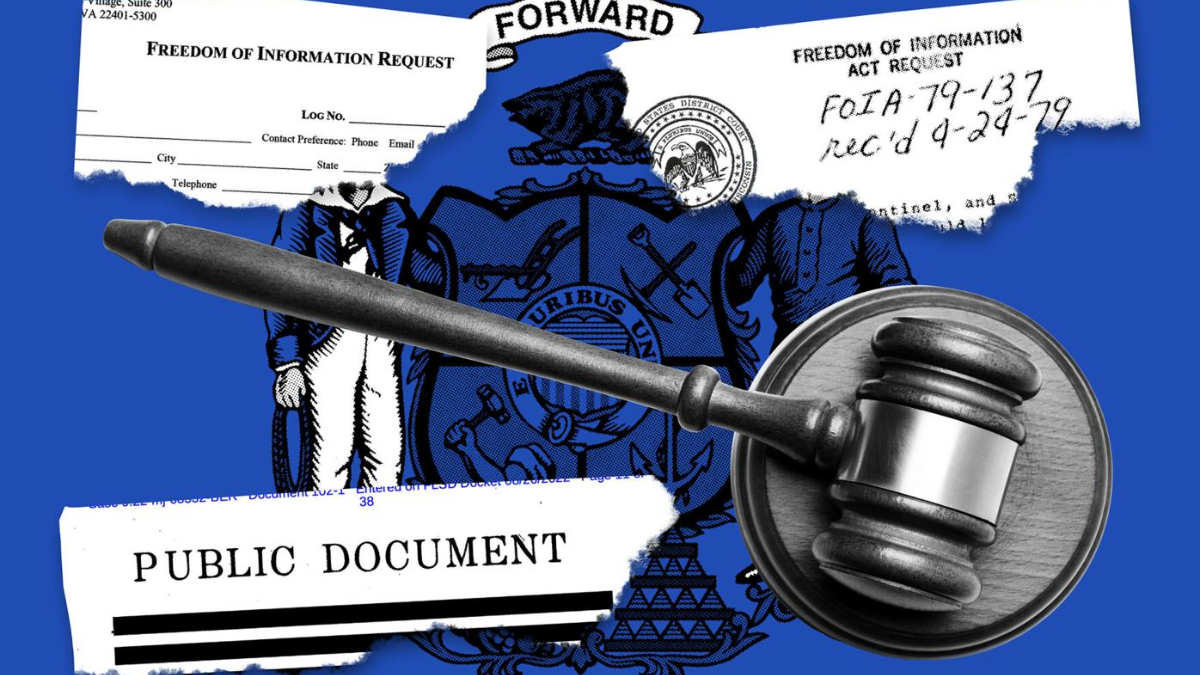Wisconsin lawmakers are considering a crucial update to the state’s open records law, a change that could greatly benefit newspapers and the public’s right to access government information. The proposed legislation aims to improve transparency, expedite response times for records requests, and ensure that journalists have fewer barriers when seeking public documents.
Media organizations across the state have voiced strong support for the initiative, emphasizing its role in upholding accountability and free press rights.
Strengthening Public Access to Government Records
The proposed amendment to Wisconsin’s records law seeks to strengthen public access to government documents by setting clearer guidelines for response times and limiting excessive delays.
Currently, Wisconsin’s open records law mandates that government agencies respond to records requests “as soon as practicable and without delay,” but the lack of a firm deadline has led to inconsistencies in compliance. The new proposal would introduce stricter timeframes, ensuring that requests are processed more efficiently.
Journalists and newspaper organizations often rely on public records to investigate government activities, expose misconduct, and inform the public on critical issues. By streamlining the process, the legislation would prevent unnecessary bureaucratic obstacles that can hinder timely reporting.
Addressing Delays and Excessive Fees
One of the most significant challenges faced by newspapers and independent journalists is the excessive fees associated with obtaining public records. Under the current system, government agencies can charge high fees for staff time spent processing requests, making it difficult for smaller news organizations with limited budgets to access essential information.
The proposed update includes provisions that would cap fees, ensuring they remain reasonable and transparent. Additionally, it would require agencies to provide a detailed explanation of costs, preventing arbitrary charges that deter access to public documents.
By reducing financial barriers, the measure would level the playing field for all journalists, from large media outlets to independent investigative reporters.

Balancing Transparency with Privacy Protections
While the proposal emphasizes transparency, it also includes safeguards to protect sensitive personal information. Some government records contain private data that, if released improperly, could infringe on individuals’ rights.
To address this concern, lawmakers have incorporated measures that require redactions of personal details while maintaining access to broader public information.
This balanced approach ensures that transparency does not come at the expense of privacy. Public agencies will still be required to release records, but with necessary redactions that align with existing privacy laws.
Strong Support from Journalism and Advocacy Groups
Newspaper associations, First Amendment advocates, and open government organizations have voiced strong support for the legislation. They argue that a more robust open records law is essential for democracy, as it allows journalists to hold public officials accountable and keep citizens informed about government actions.
The Wisconsin Newspaper Association (WNA) has been a leading advocate for the proposal, emphasizing that the current law often allows agencies to delay responses indefinitely. WNA Executive Director Beth Bennett stated, “Public records are the foundation of investigative journalism, and without timely access, journalists cannot effectively serve their communities.”
Organizations such as the Wisconsin Freedom of Information Council have also praised the bill, noting that increased transparency benefits not only the press but also everyday citizens seeking information about their local governments.
Potential Opposition and Challenges
Despite widespread support, some government agencies and officials have raised concerns about the administrative burden the changes could create. They argue that setting firm deadlines for record requests may strain already overworked staff, particularly in small municipalities with limited resources.
To address these concerns, lawmakers have proposed additional funding to help agencies modernize their records management systems and hire additional personnel if necessary. Advocates for the bill believe that with proper investment, agencies can meet the new standards without experiencing undue hardship.
What Happens Next?
The bill is currently under review in the Wisconsin Legislature, with lawmakers from both parties debating its provisions. If passed, it would mark a significant victory for transparency advocates and the journalism community. Public hearings are expected to take place in the coming weeks, providing an opportunity for both supporters and critics to voice their opinions.
Ultimately, the proposed update to Wisconsin’s records law represents a crucial step toward strengthening government accountability. By making it easier and more affordable for newspapers to obtain public records, the legislation ensures that journalists can continue their vital work of informing and empowering the public.
For more updates on Wisconsin’s open records law and its potential impact, visit the Wisconsin Freedom of Information Council.
Disclaimer – Our team has carefully fact-checked this article to make sure it’s accurate and free from any misinformation. We’re dedicated to keeping our content honest and reliable for our readers.
